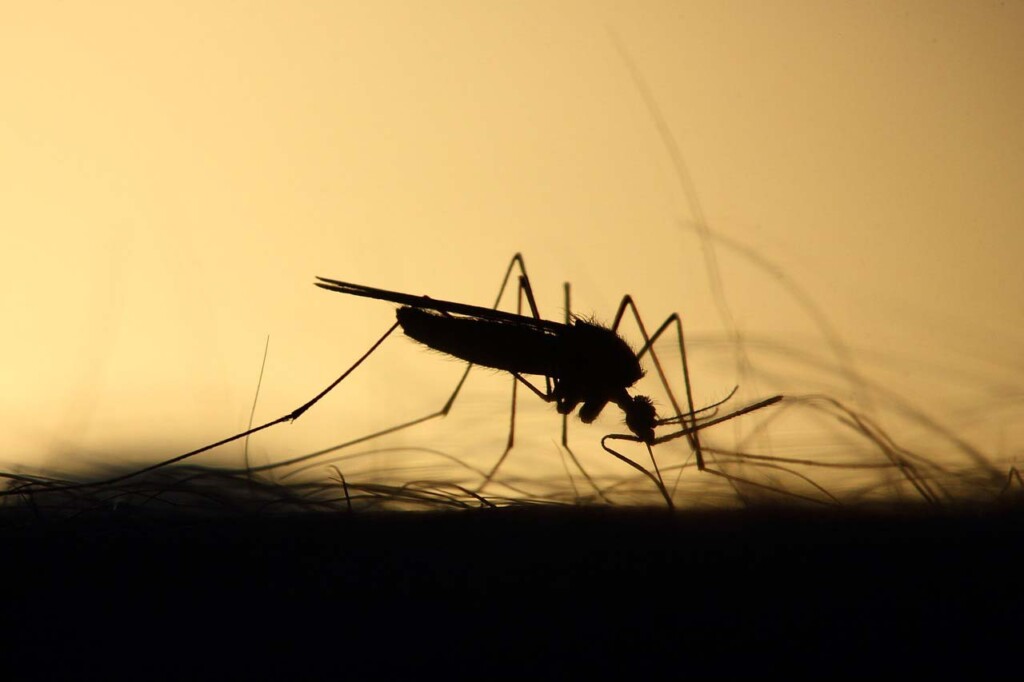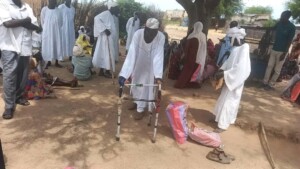Dengue fever in Sudan: two dead, at least 169 confirmed cases in Khartoum and El Gedaref

Mosquitoes are the main vectors for dengue fever (File photo: CC / Emphyrio via Pixabay)
KHARTOUM / EL GEDAREF –
Sudan’s Federal Minister of Health, Dr Haisam Ibrahim, announced yesterday that dengue fever had emerged in the Khartoum and El Gedaref for the first time, noting that two separate deaths from symptoms related to dengue fever, also referred to as haemorrhagic fever, were recorded in both locations.
At a press conference held in Khartoum yesterday, the minster stated Khartoum had recorded 110 confirmed cases and 169 suspected cases, while El Gedaref had recorded 59 confirmed cases and 80 suspected cases.
Dr Ibrahim stated that 104 cases were confirmed in Ombadda in Omdurman, as well as five cases in the Karari locality.
He emphasised that the cases had nothing to do with Rift Valley fever, which affects animals.
Haitham pointed out that entomological surveys confirmed the presence of vector-borne mosquitoes in most states, attributing the extensive spread of the disease to the “cessation of routine operations related to disease control during the last three years”, as a result of Sudan’s economic, political, and security conditions.
‘Worst outbreak’
Last year in December, the Health Ministry said that new cases were recorded in 10 states, and that 29 people had died as a result of the fever. North and South Kordofan and Red Sea state were hit especially hard, and the spread was deemed the “worst outbreak in over a decade”.
Radio Dabanga also previously reported that real numbers are likely to be higher, because there is only one laboratory in the whole of Sudan that can confirm vector-borne diseases.
* Severe forms of dengue fever, also called dengue haemorrhagic fevers, are severe acute viral infections, usually with a sudden onset of fever, malaise, headache, and myalgia followed by pharyngitis, vomiting, diarrhoea, skin rash, and haemorrhagic manifestations. The outcome is fatal in more than 50 per cent of the cases, the World Health Organisation reports. Among the fevers recently recorded in Sudan are dengue fever and Rift Valley fever (RVF). Viruses that cause dengue fever are transmitted by mosquitoes. RVF can be acquired either by a mosquito bite or by direct contact with blood or tissues of infected animals (mainly sheep), including consumption of unpasteurised milk.











 and then
and then